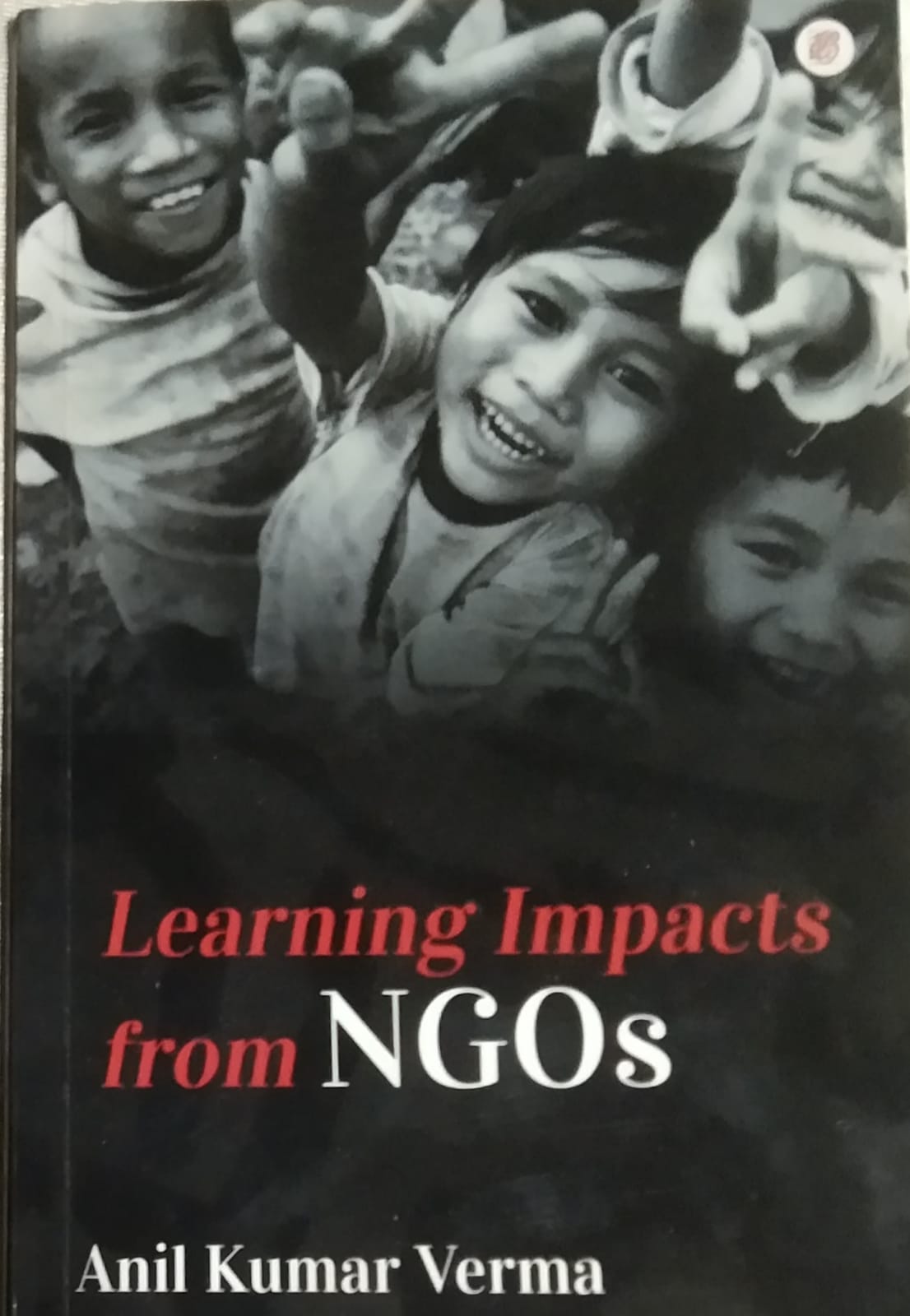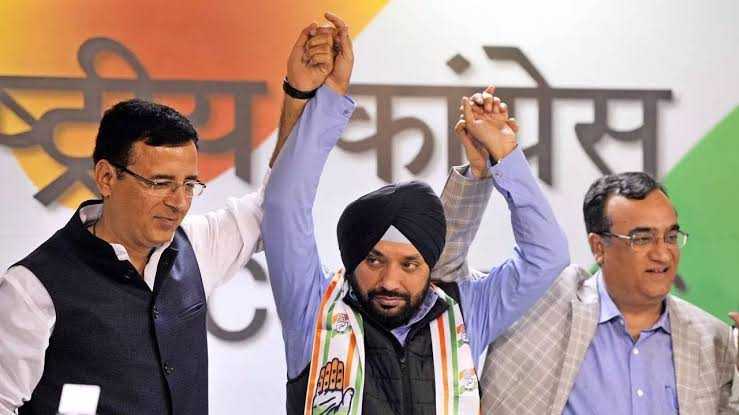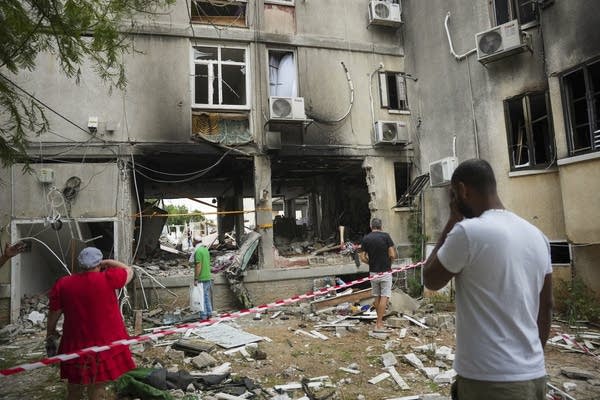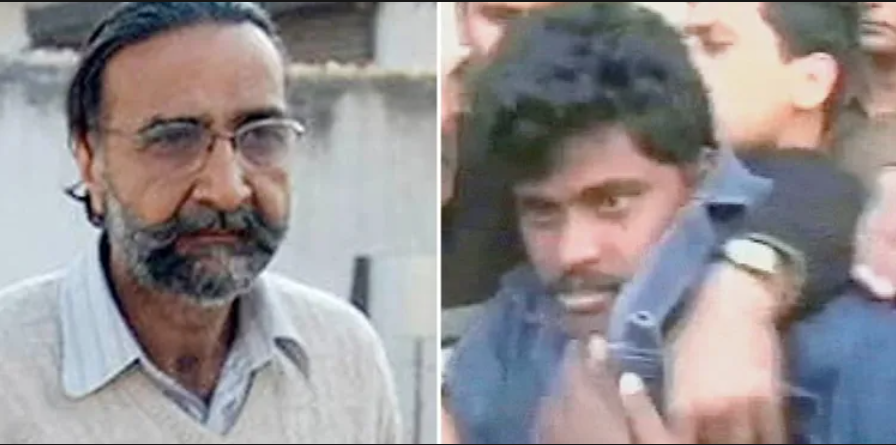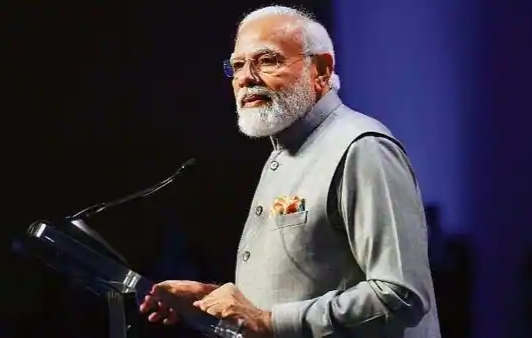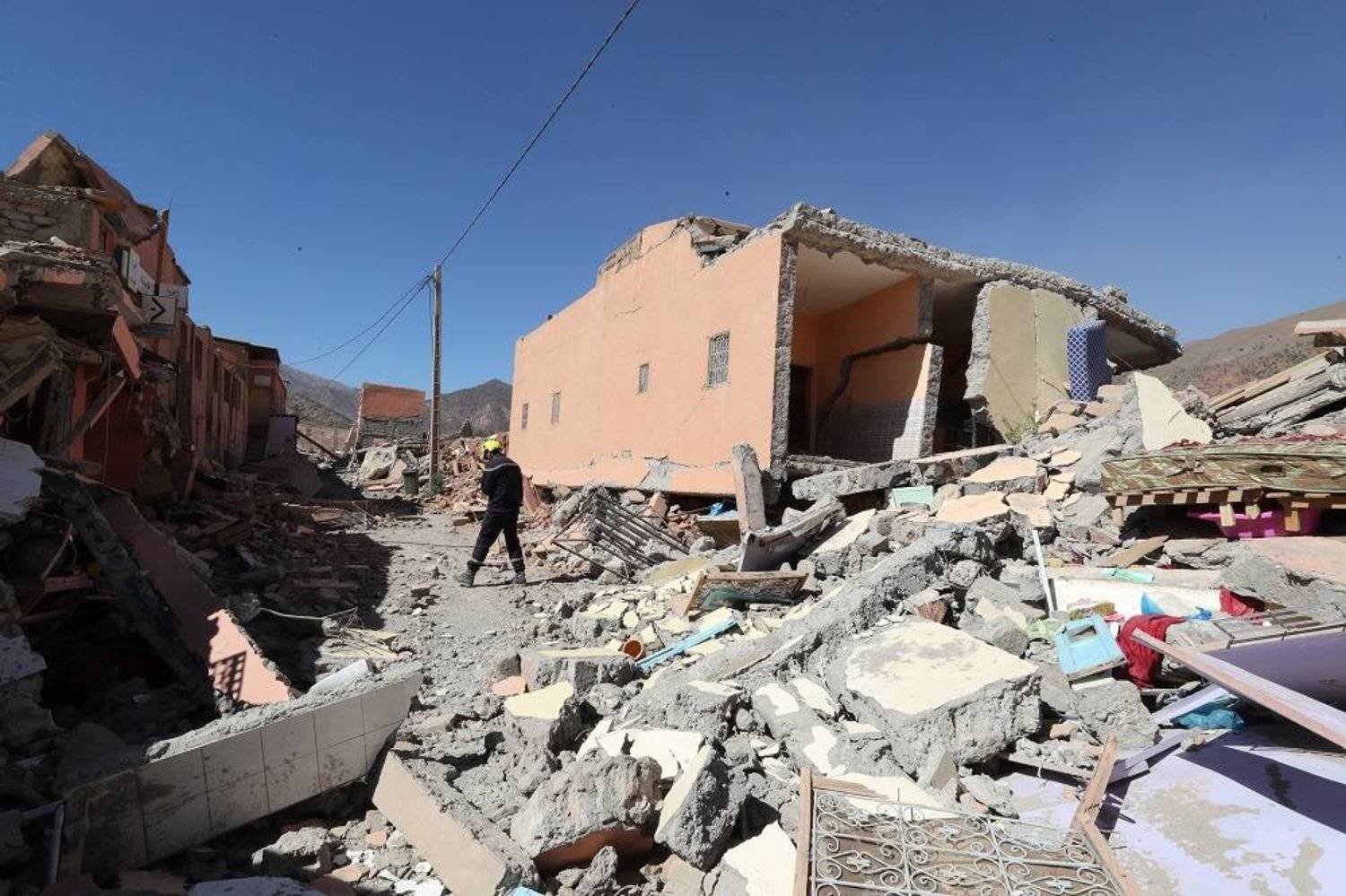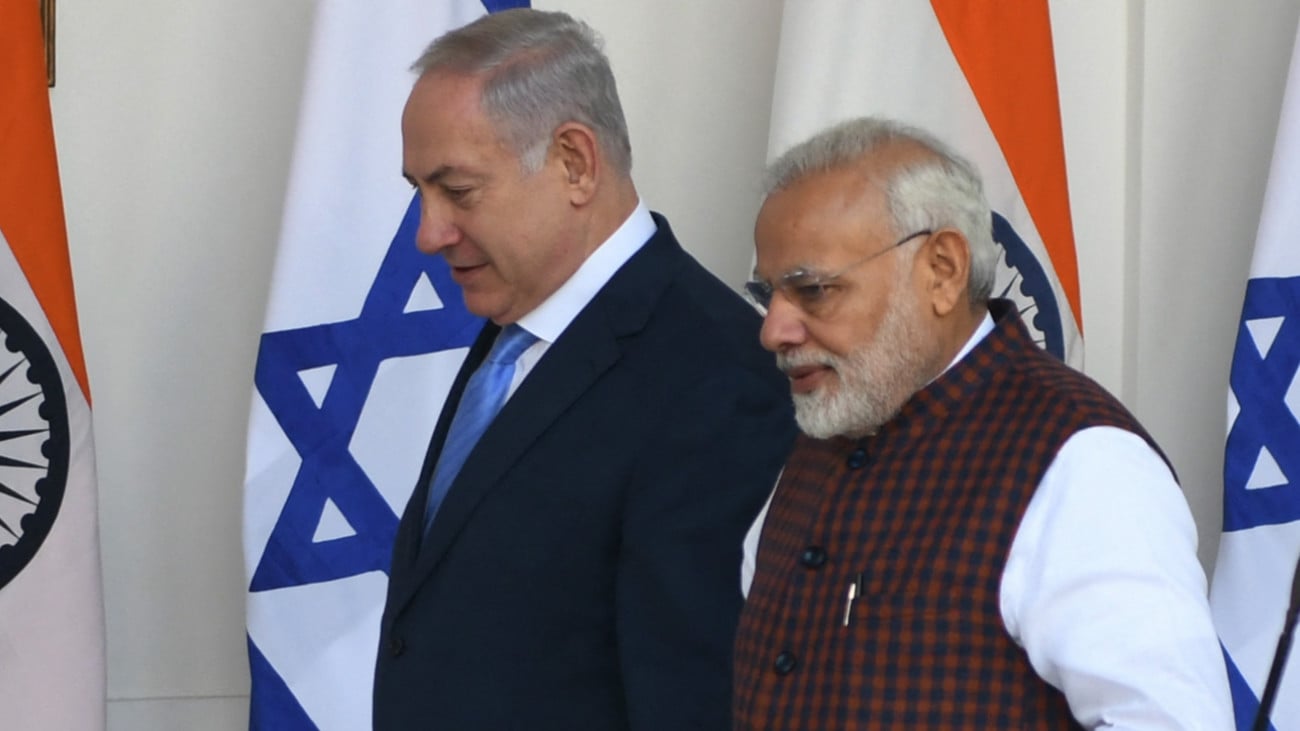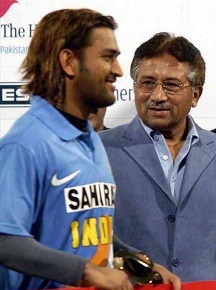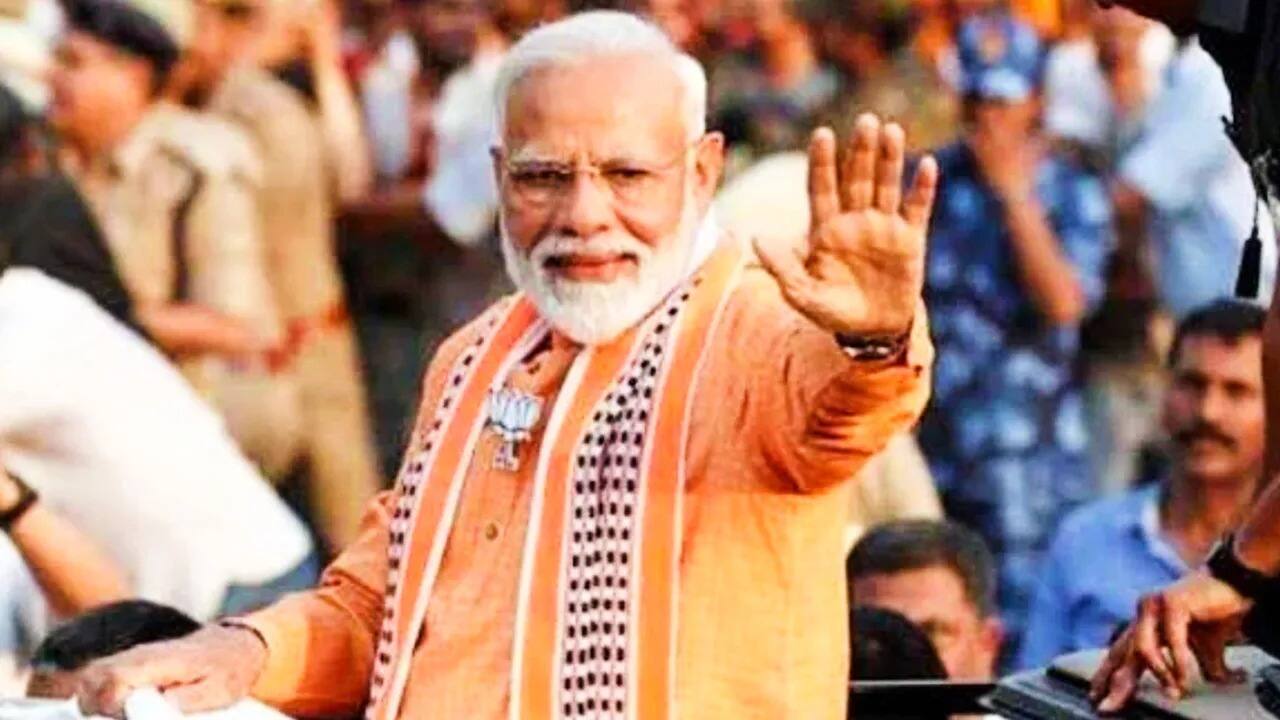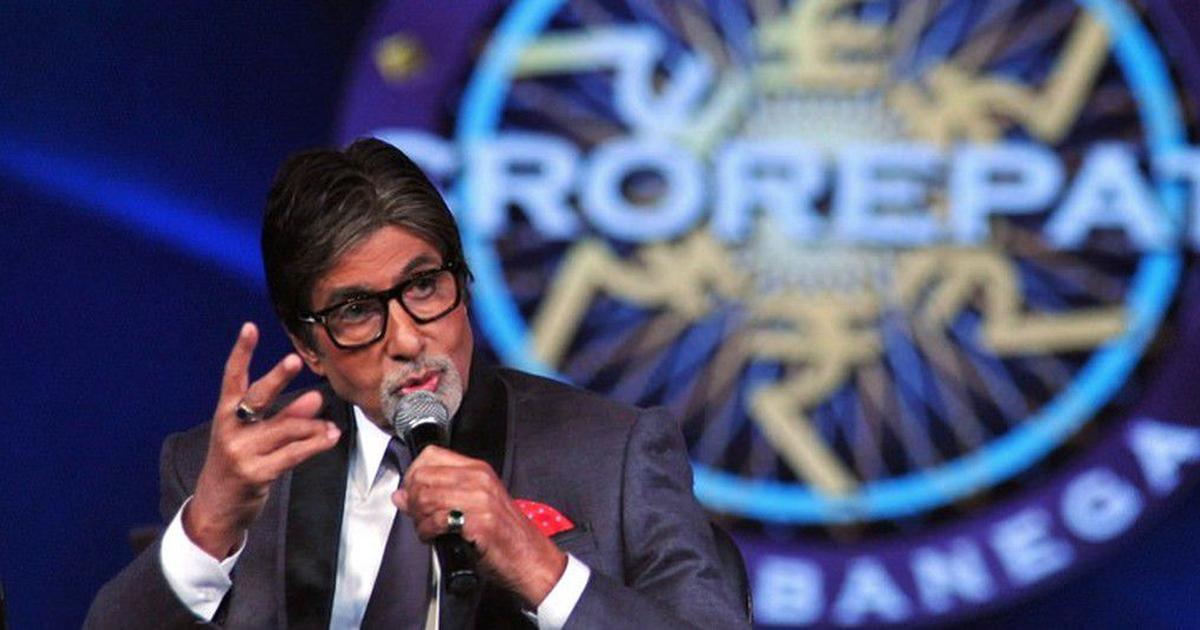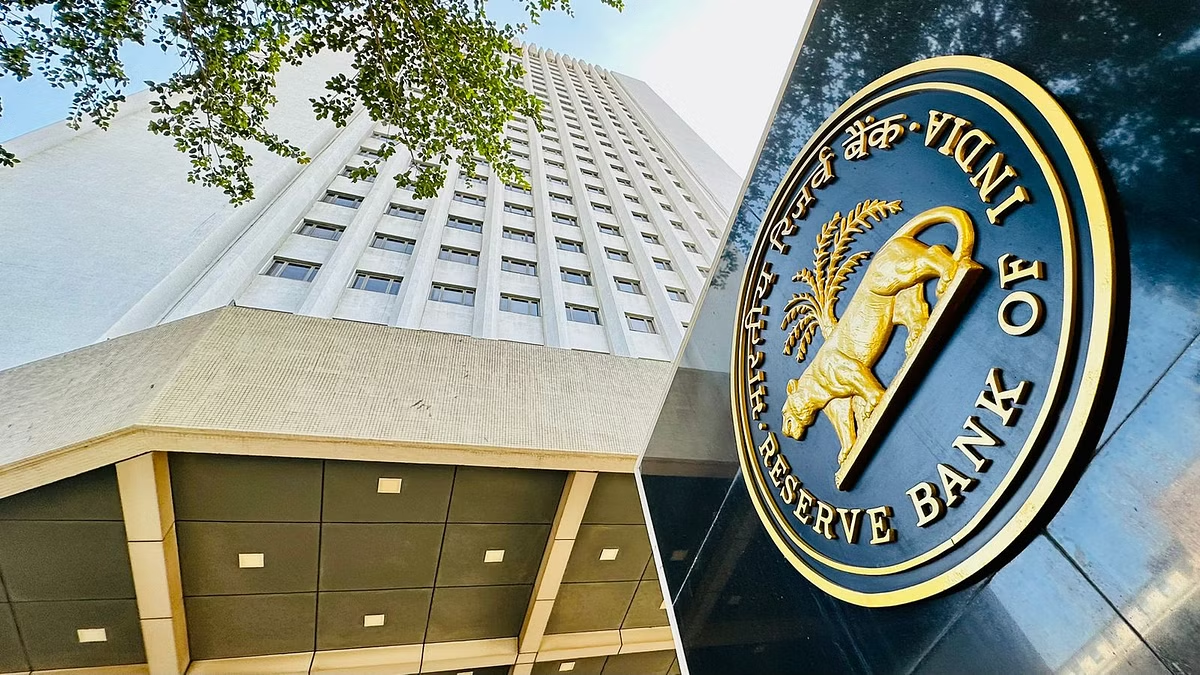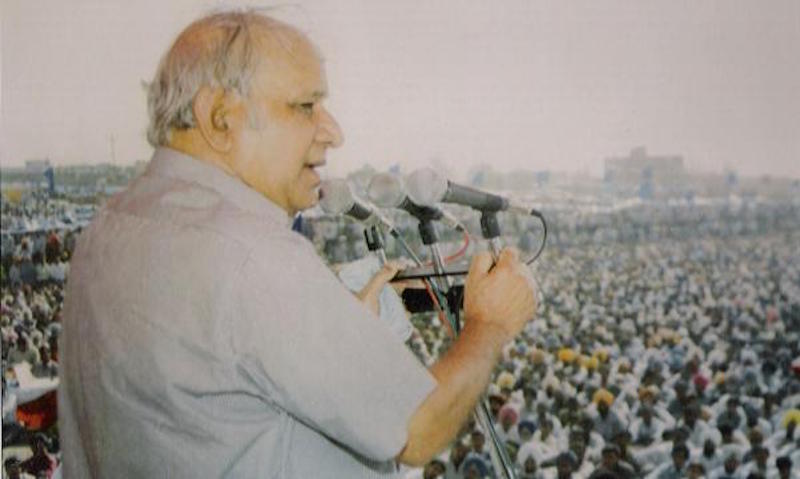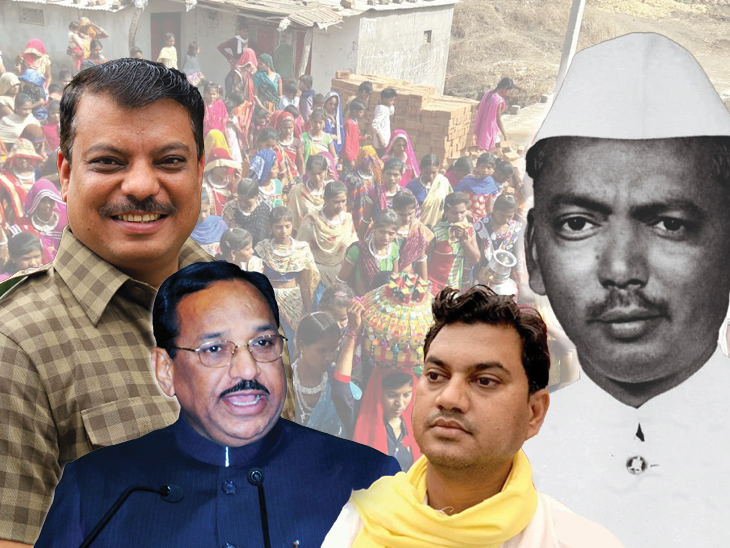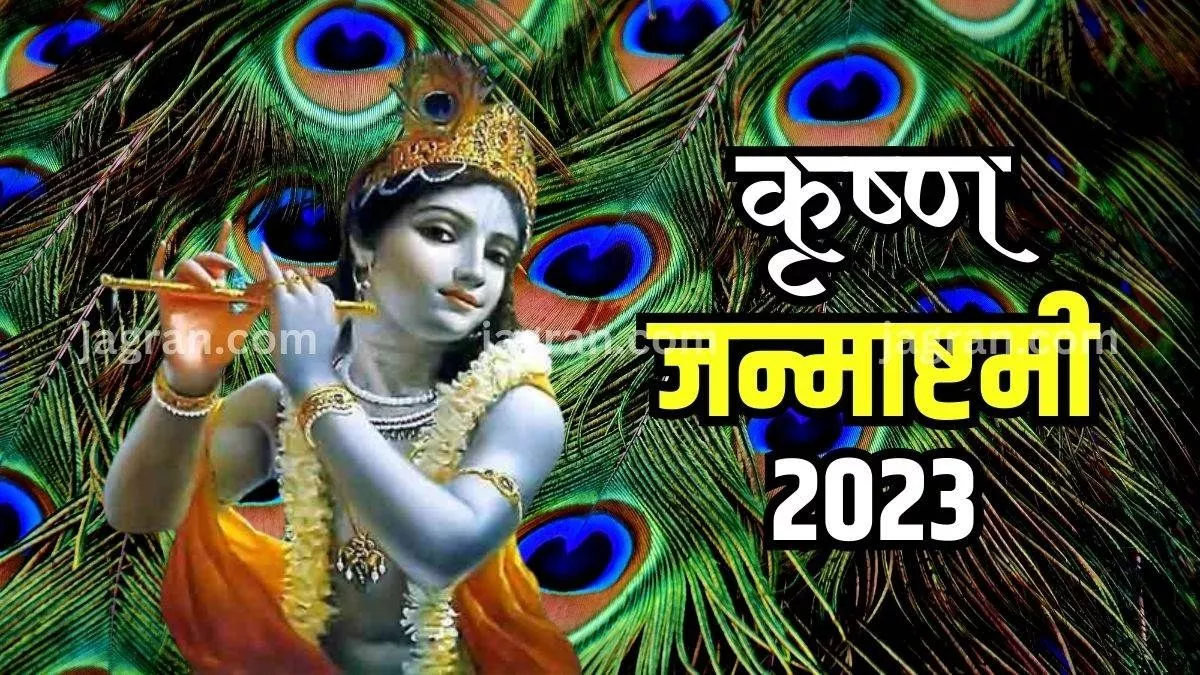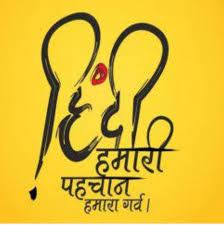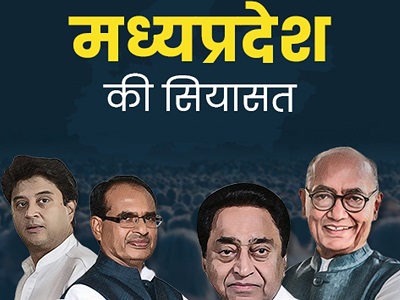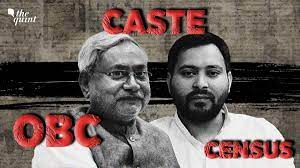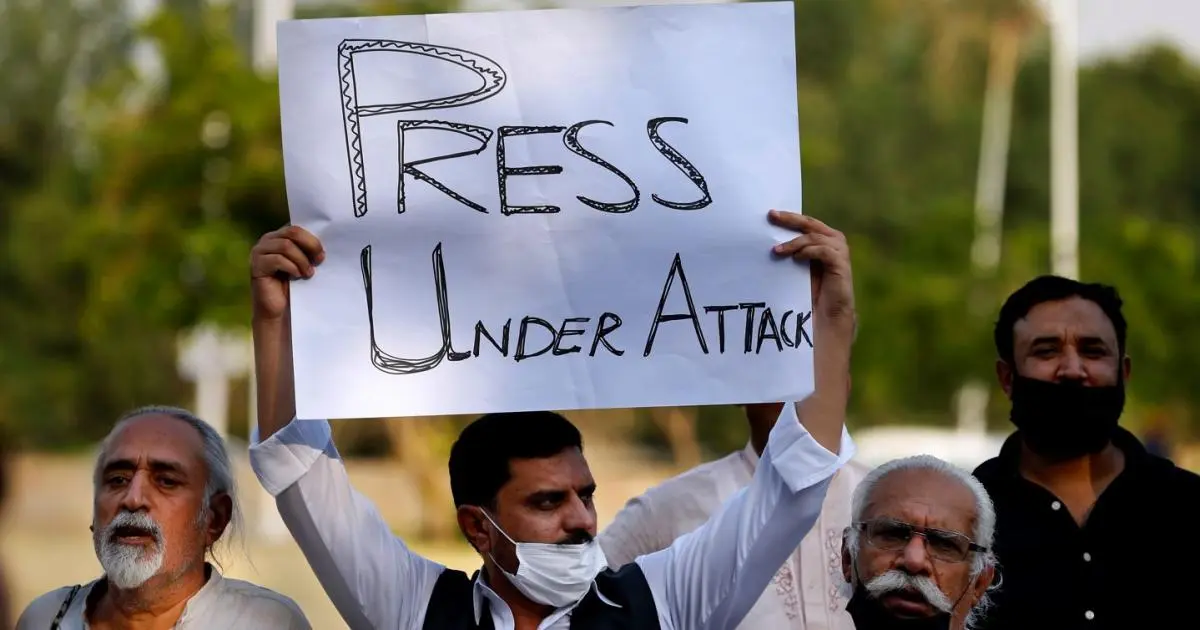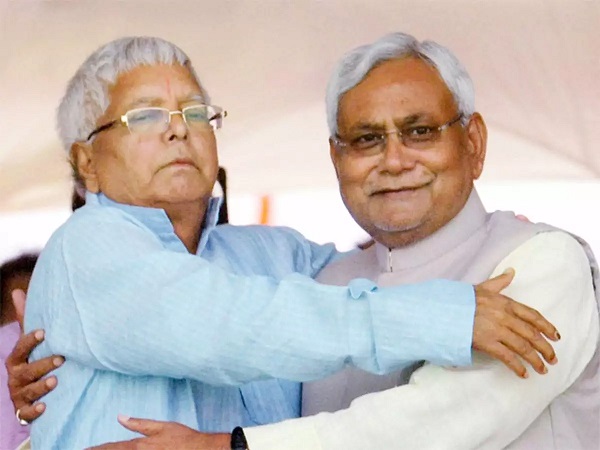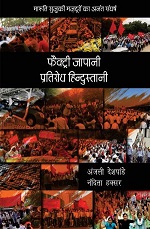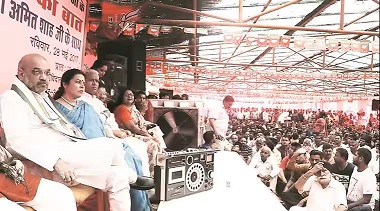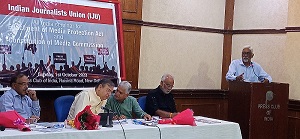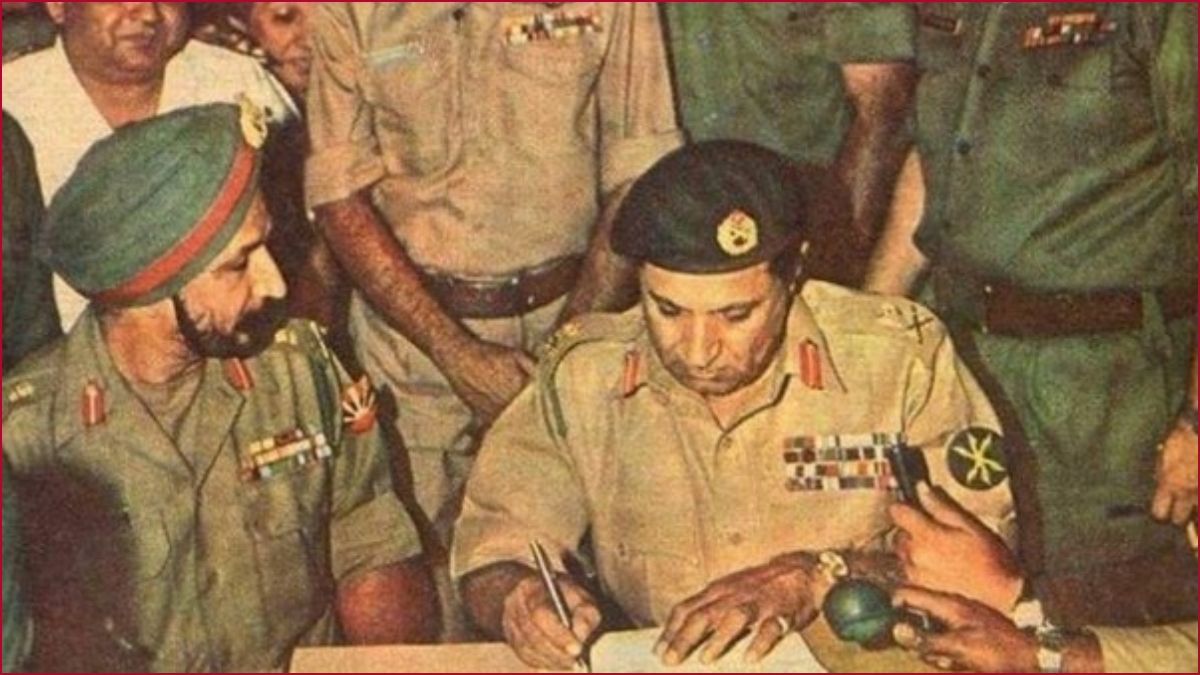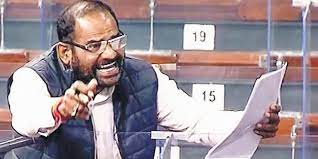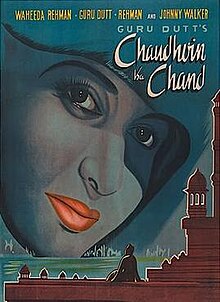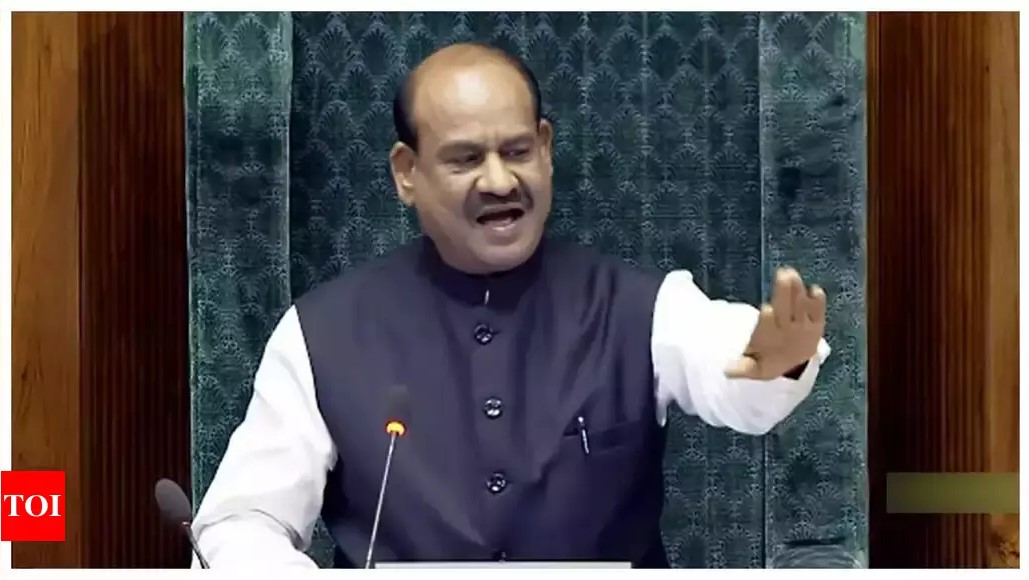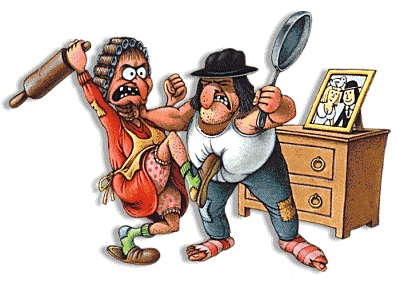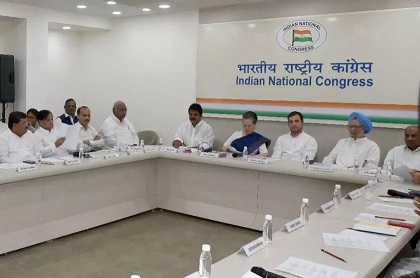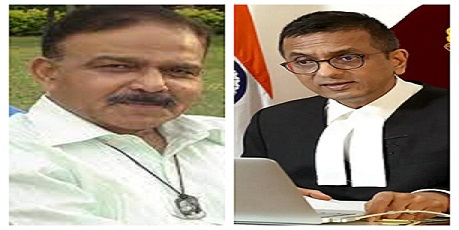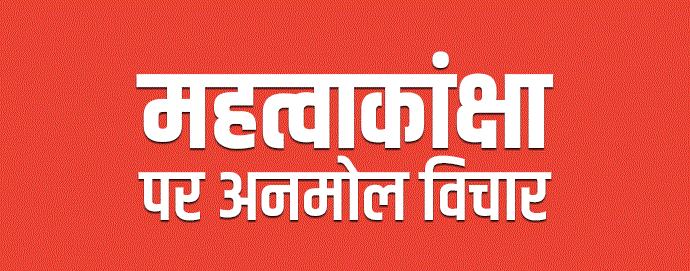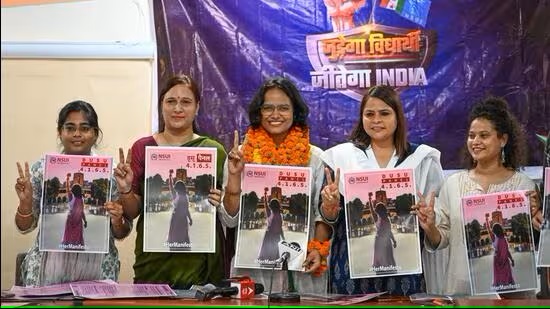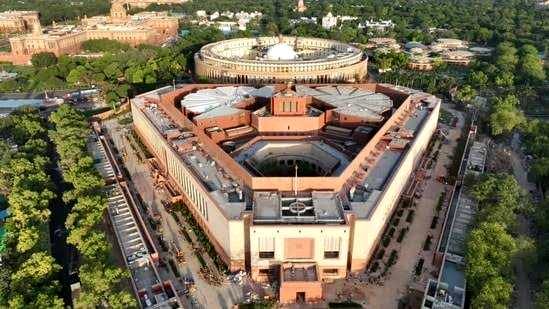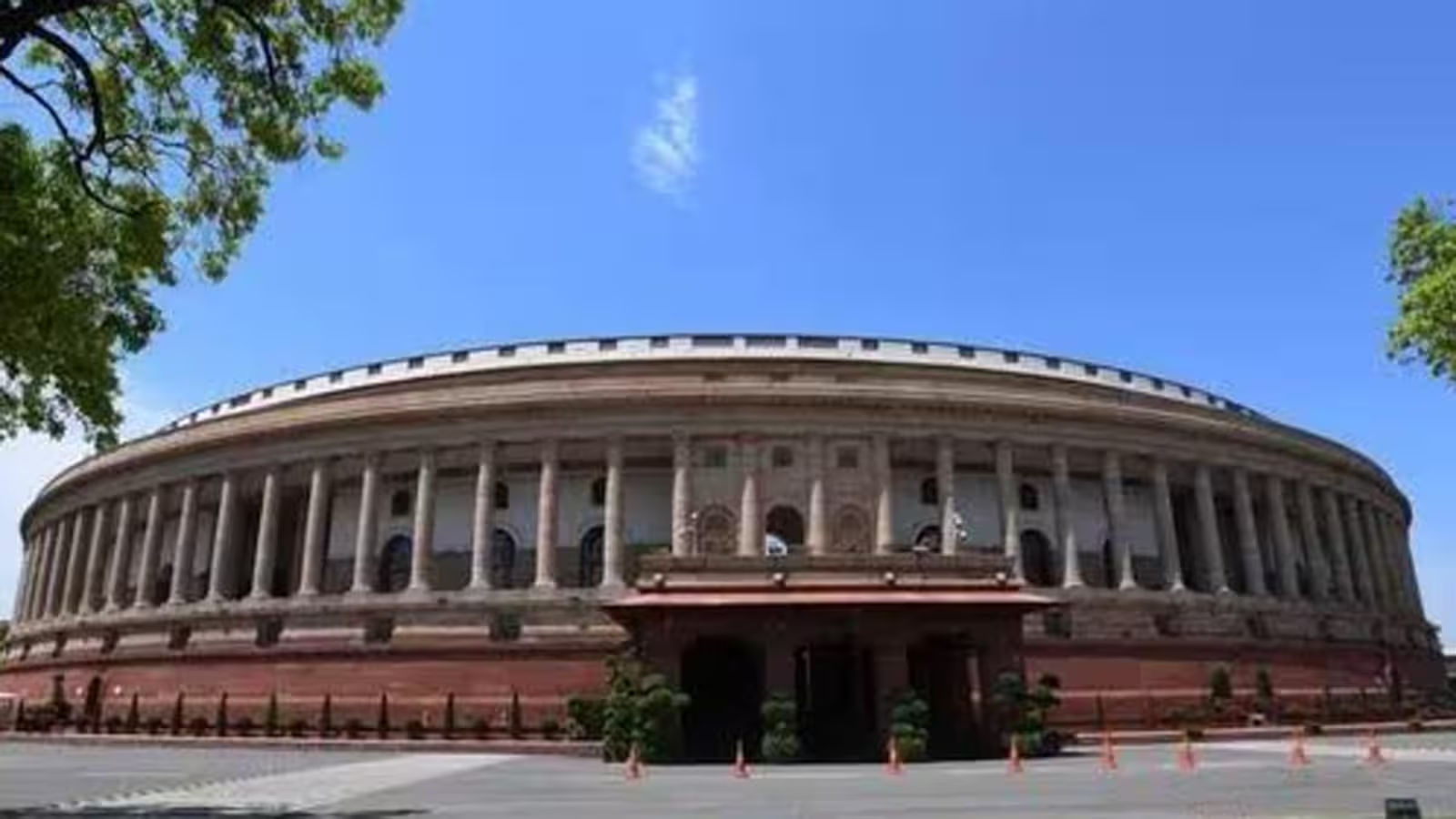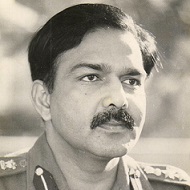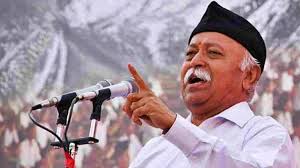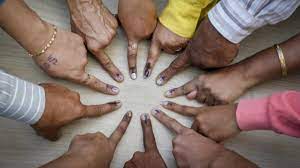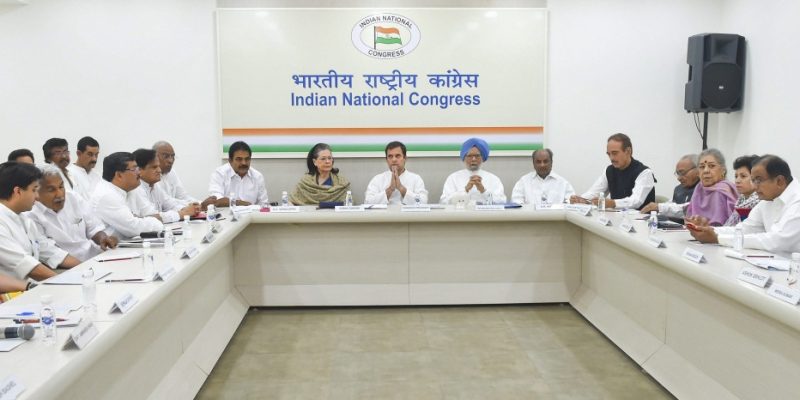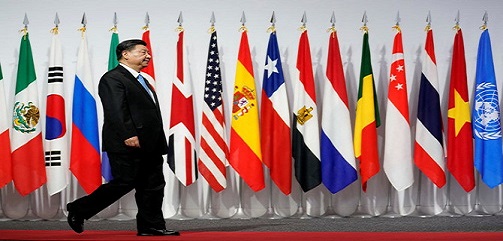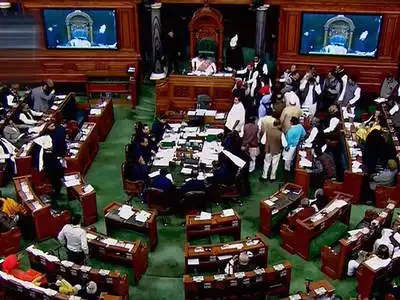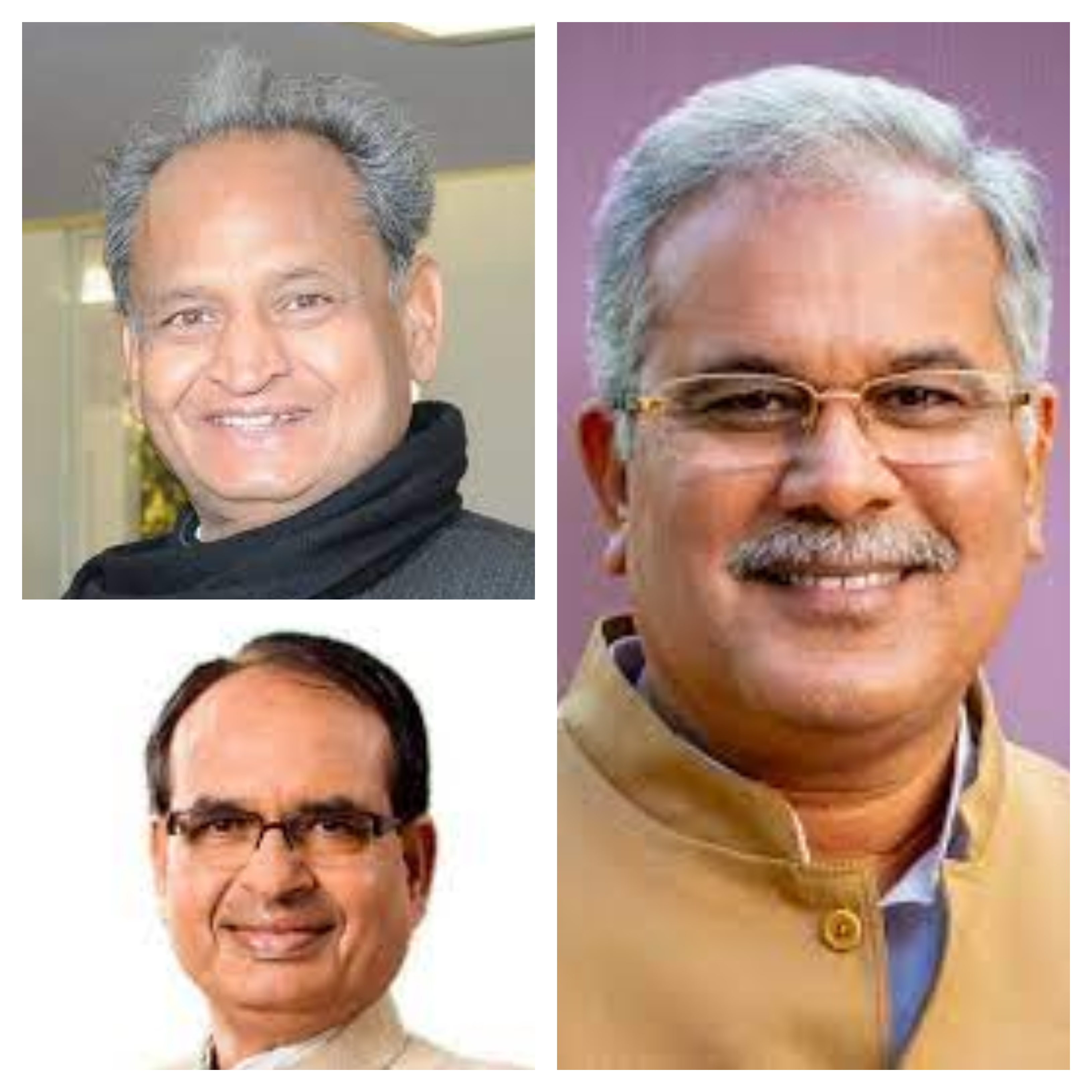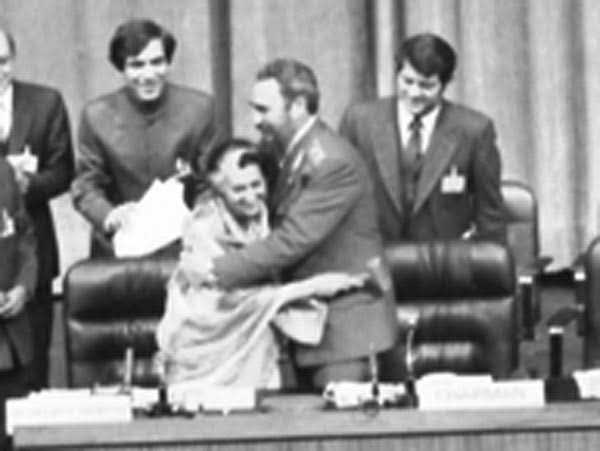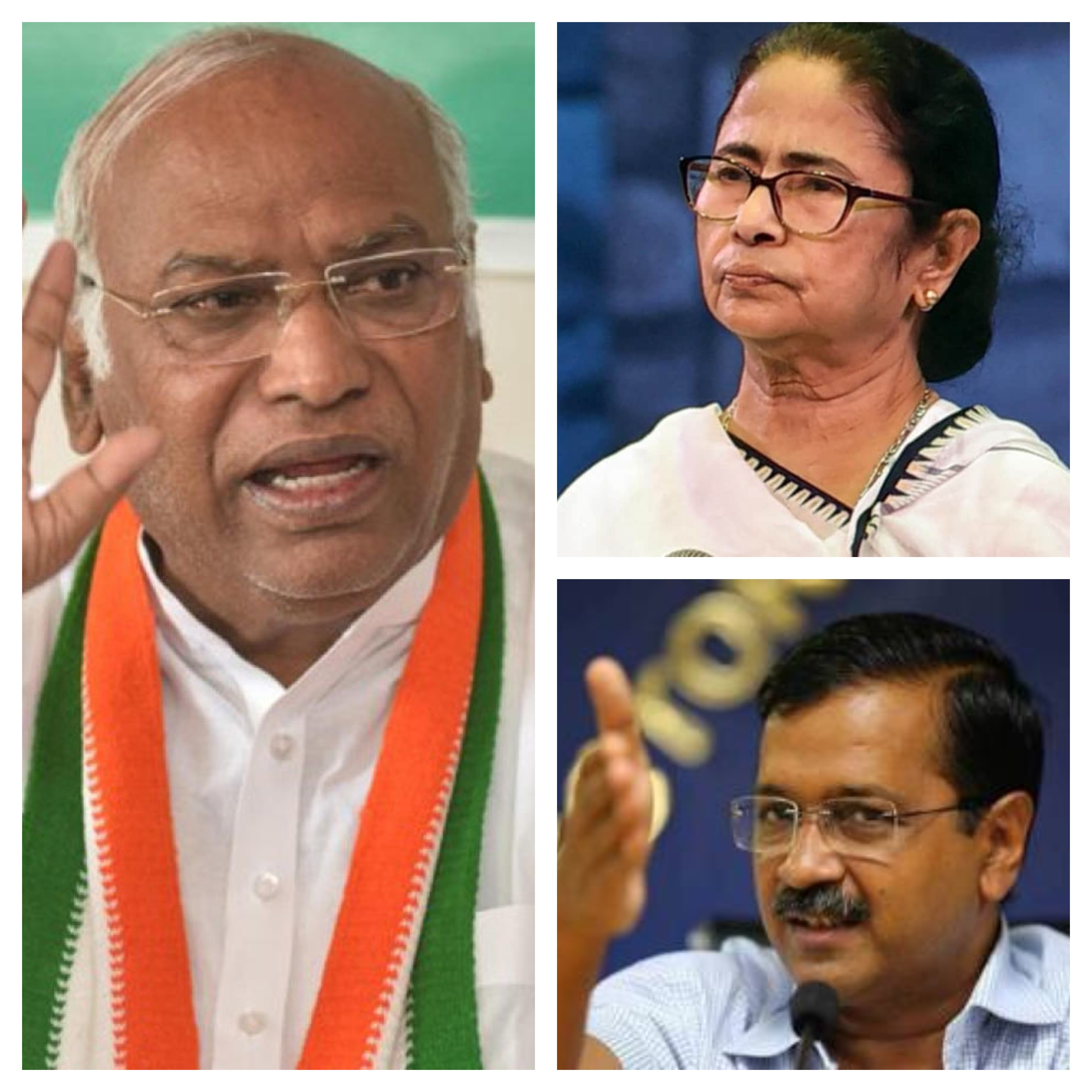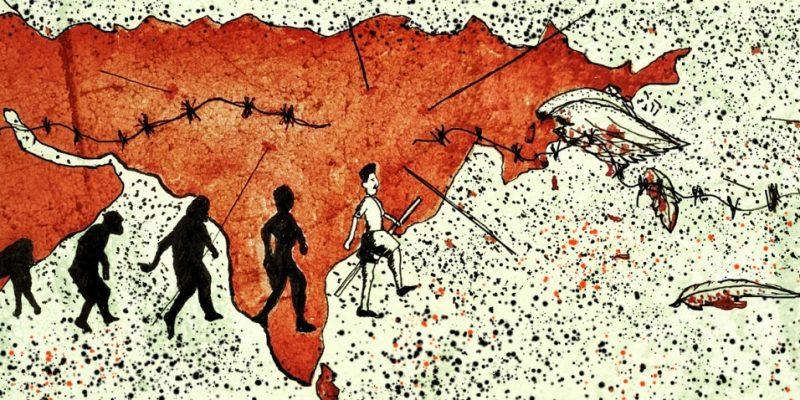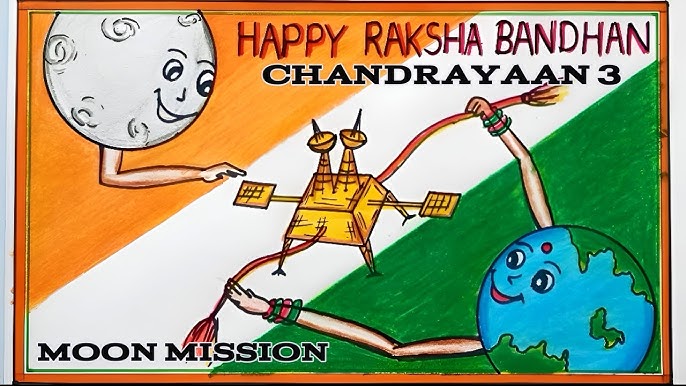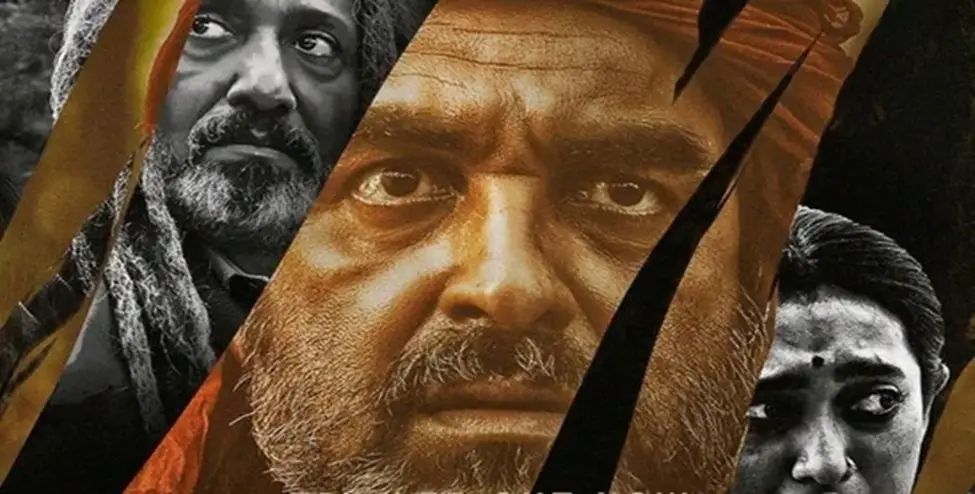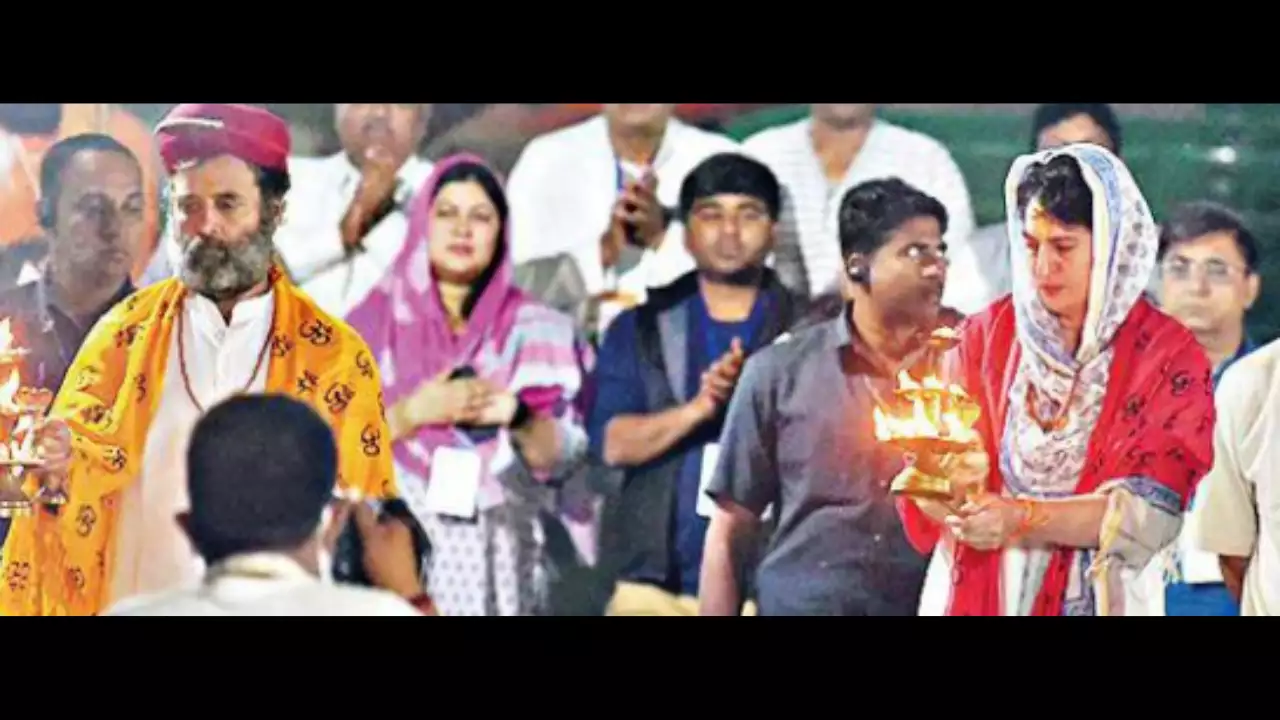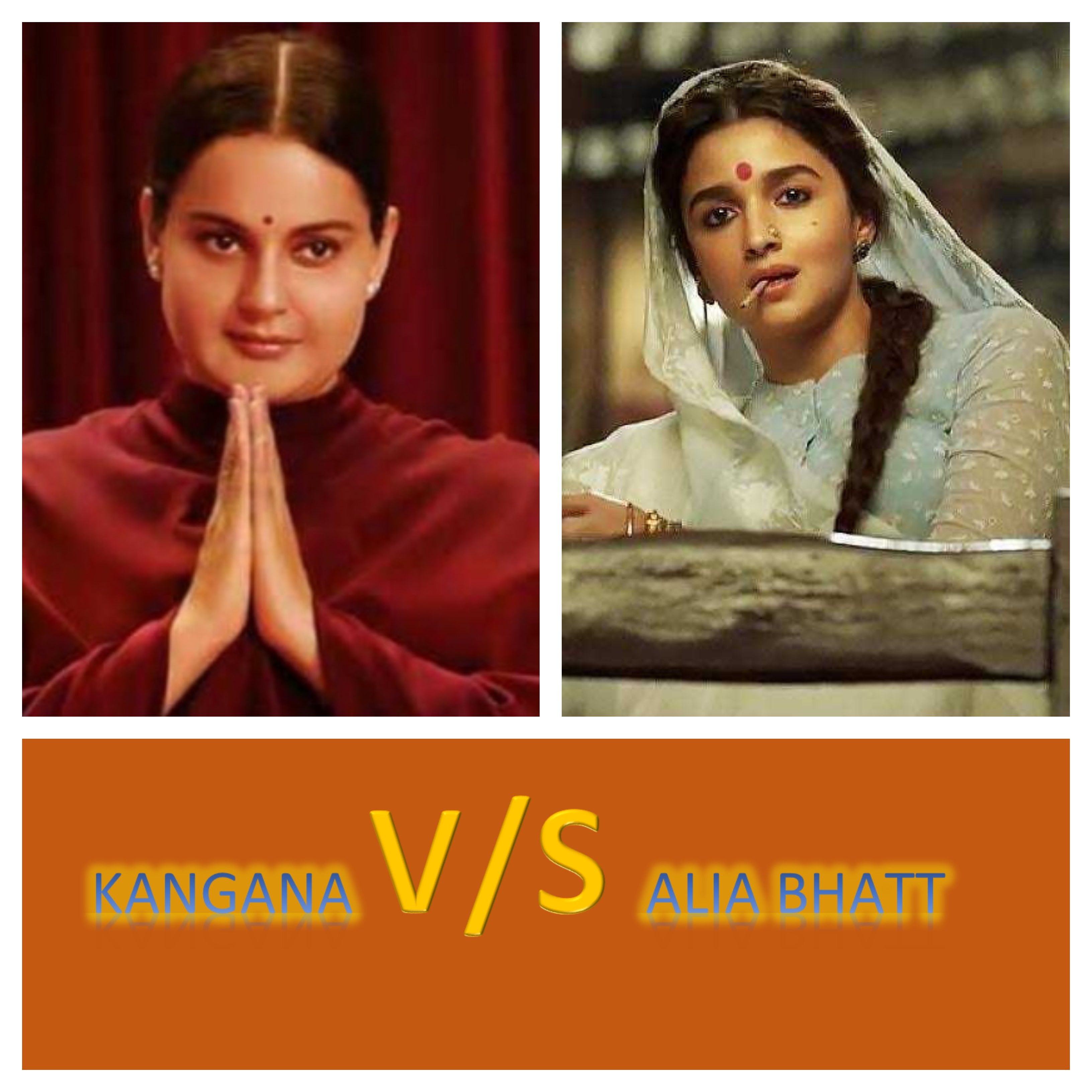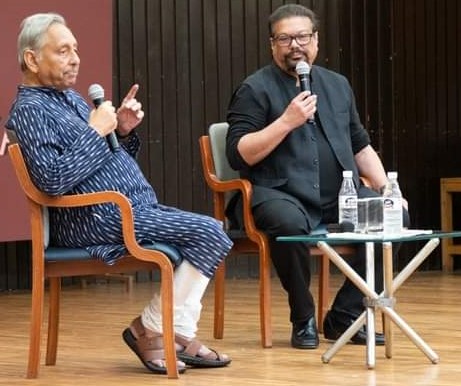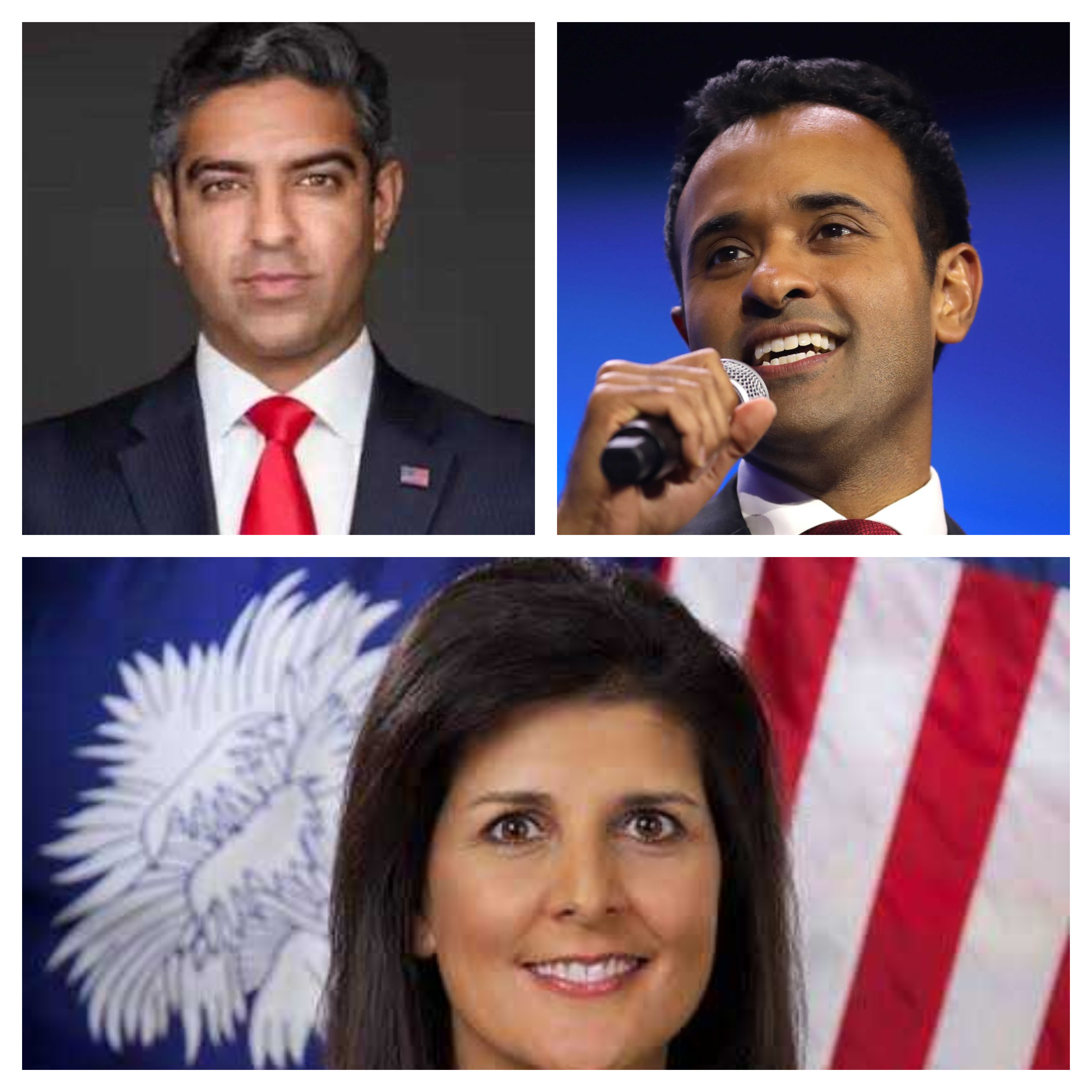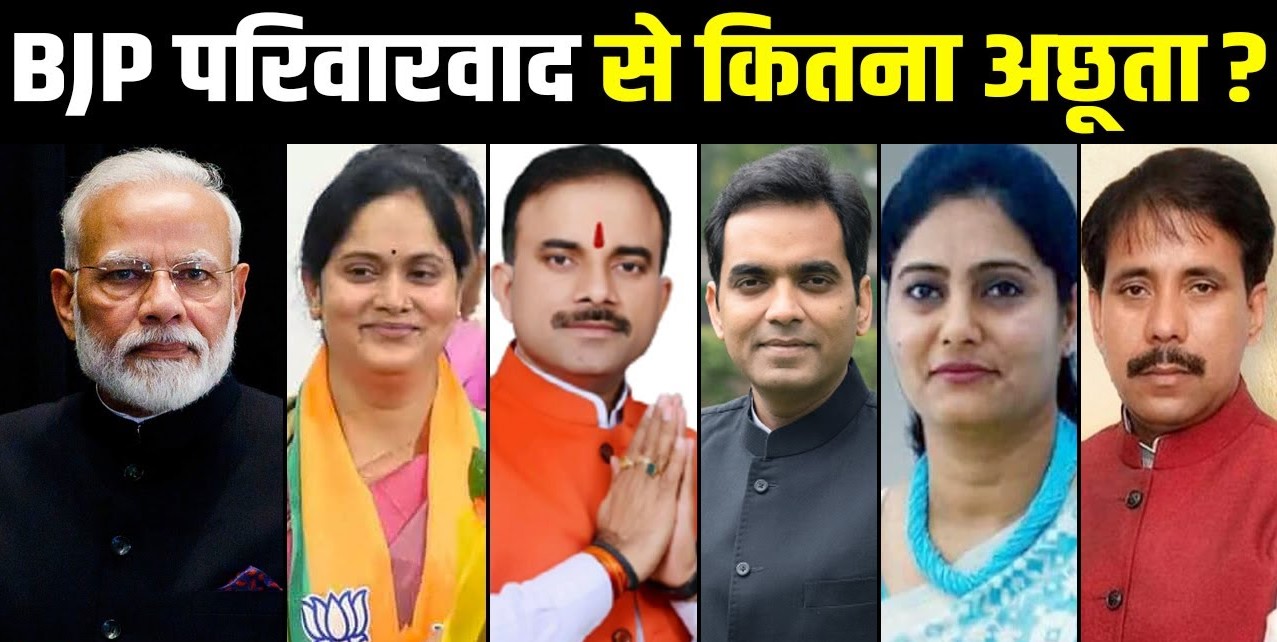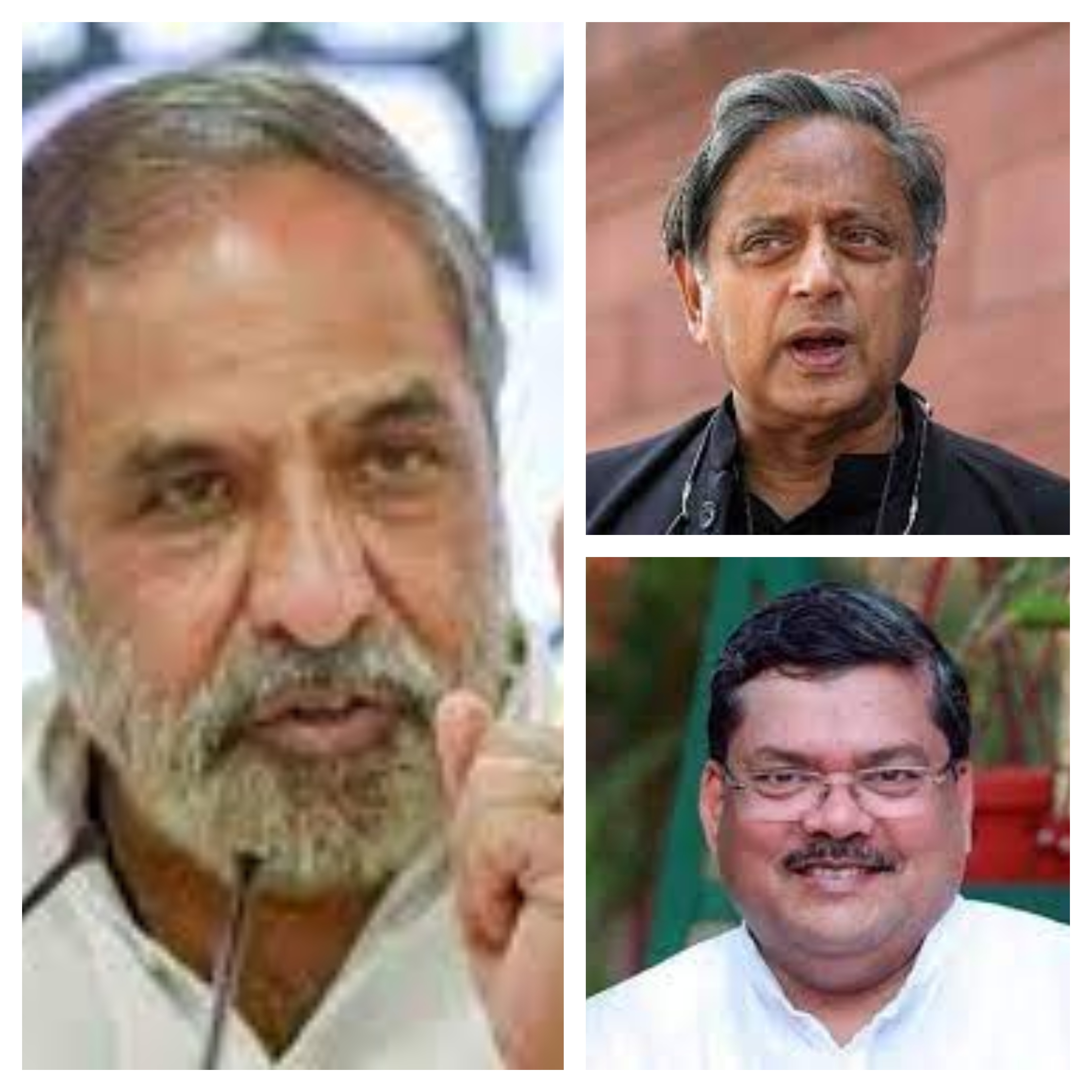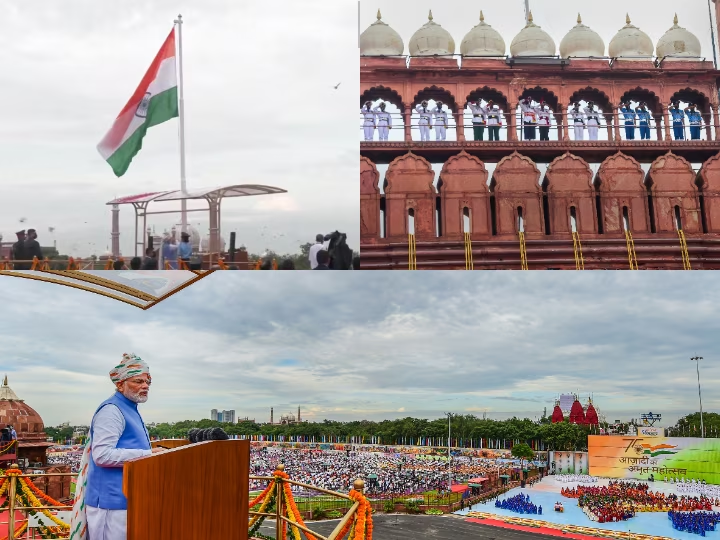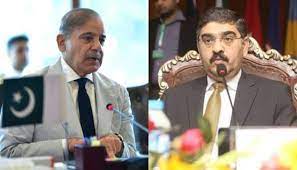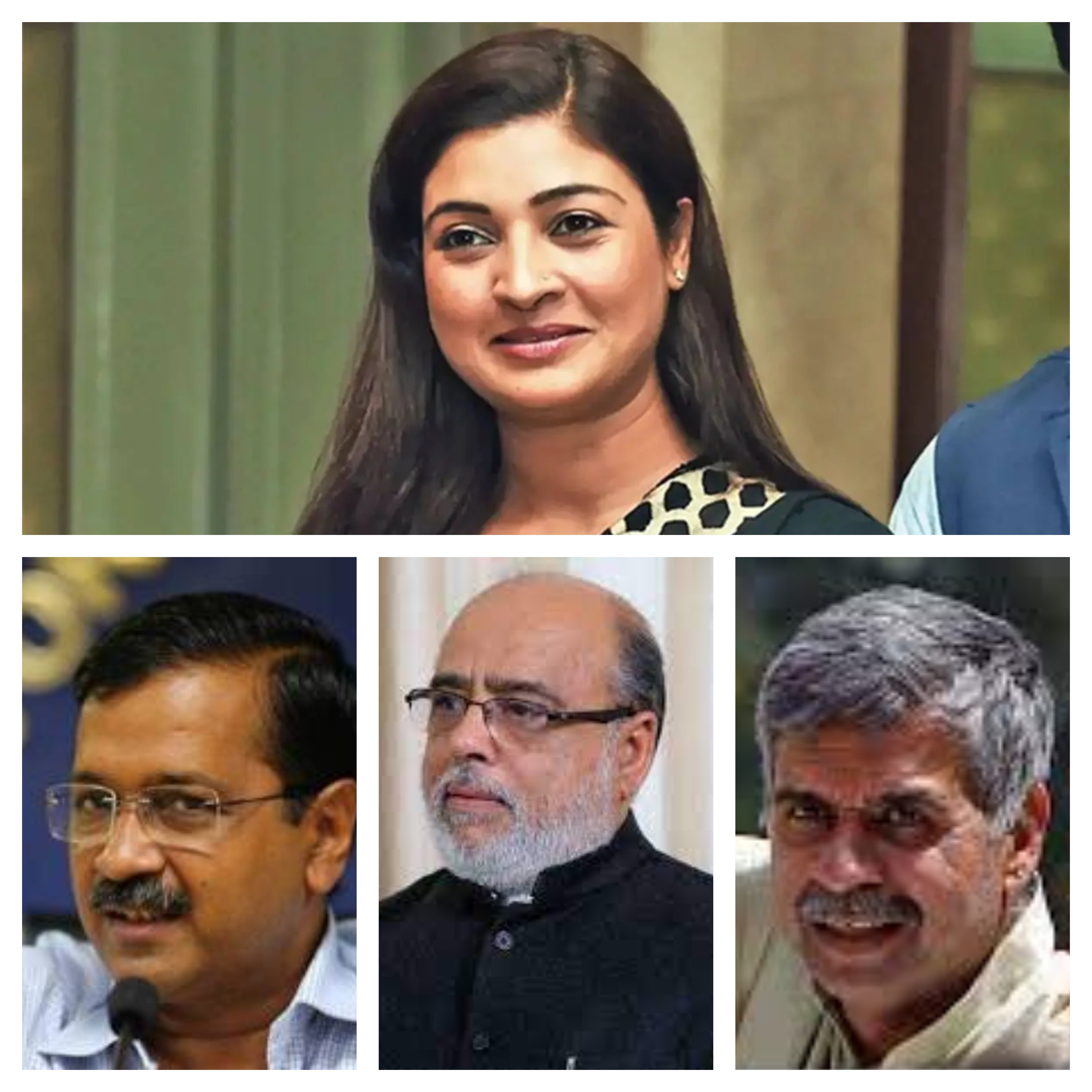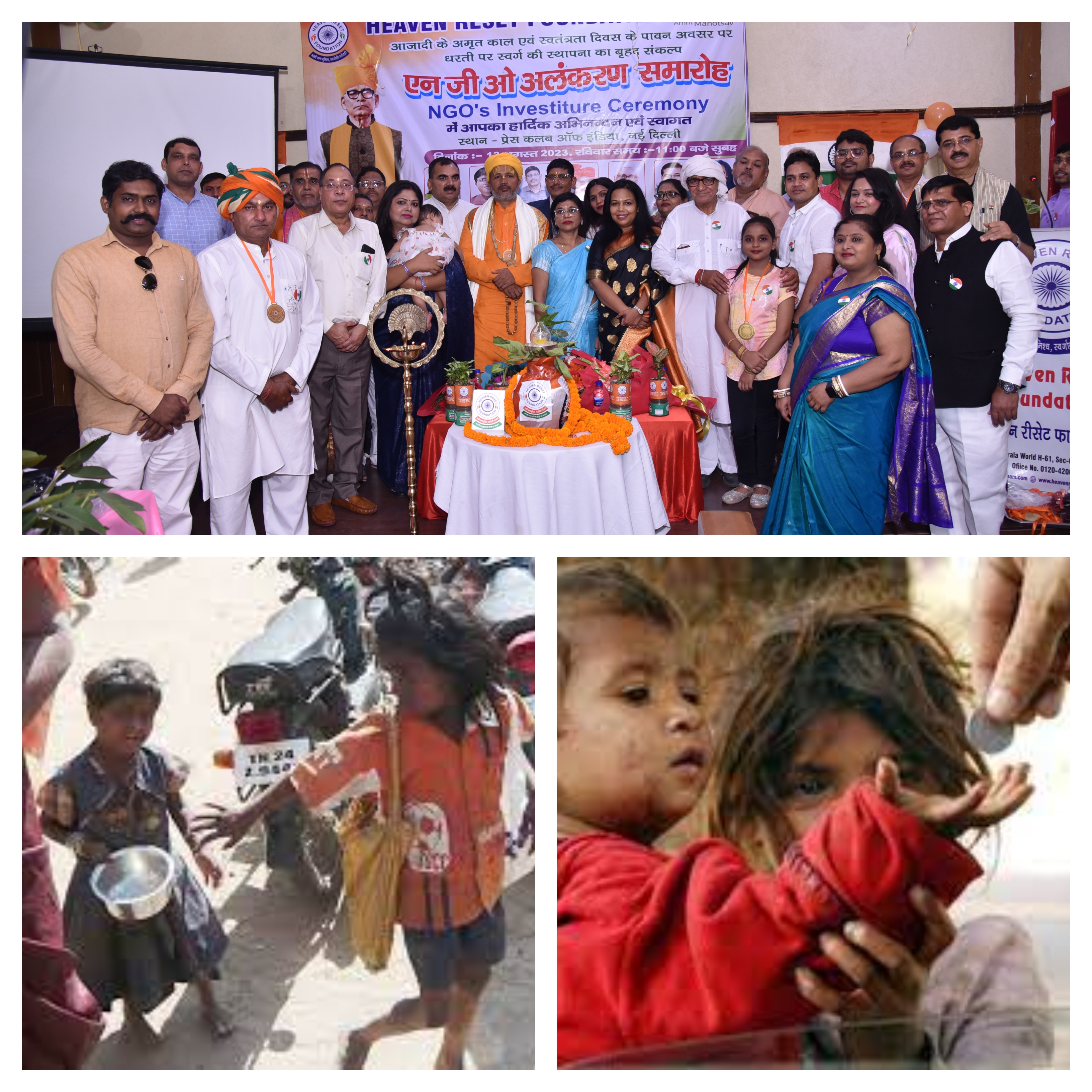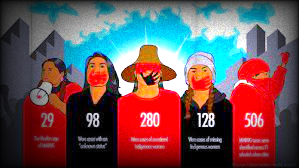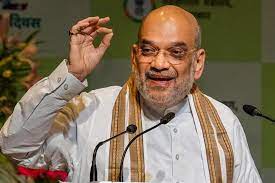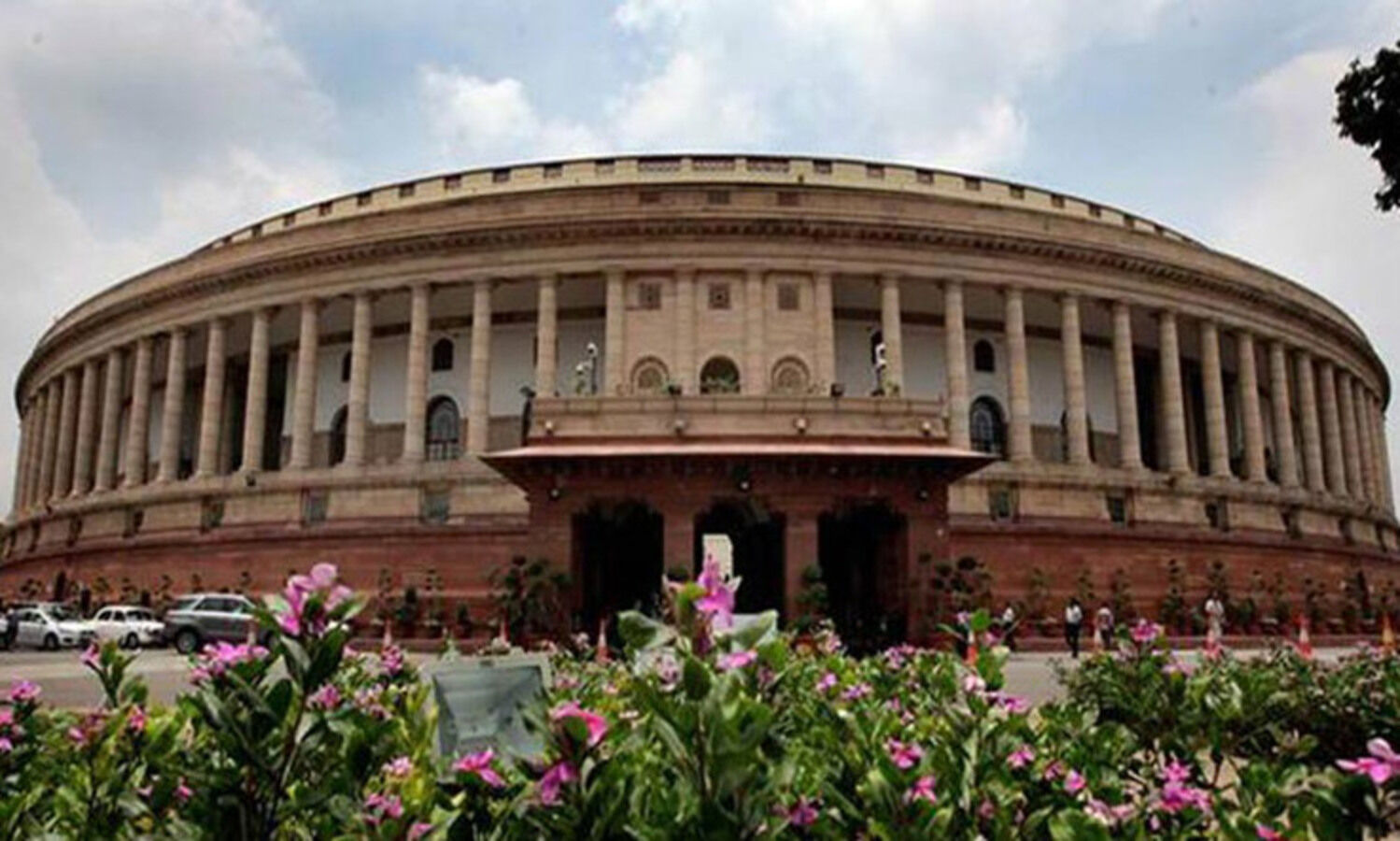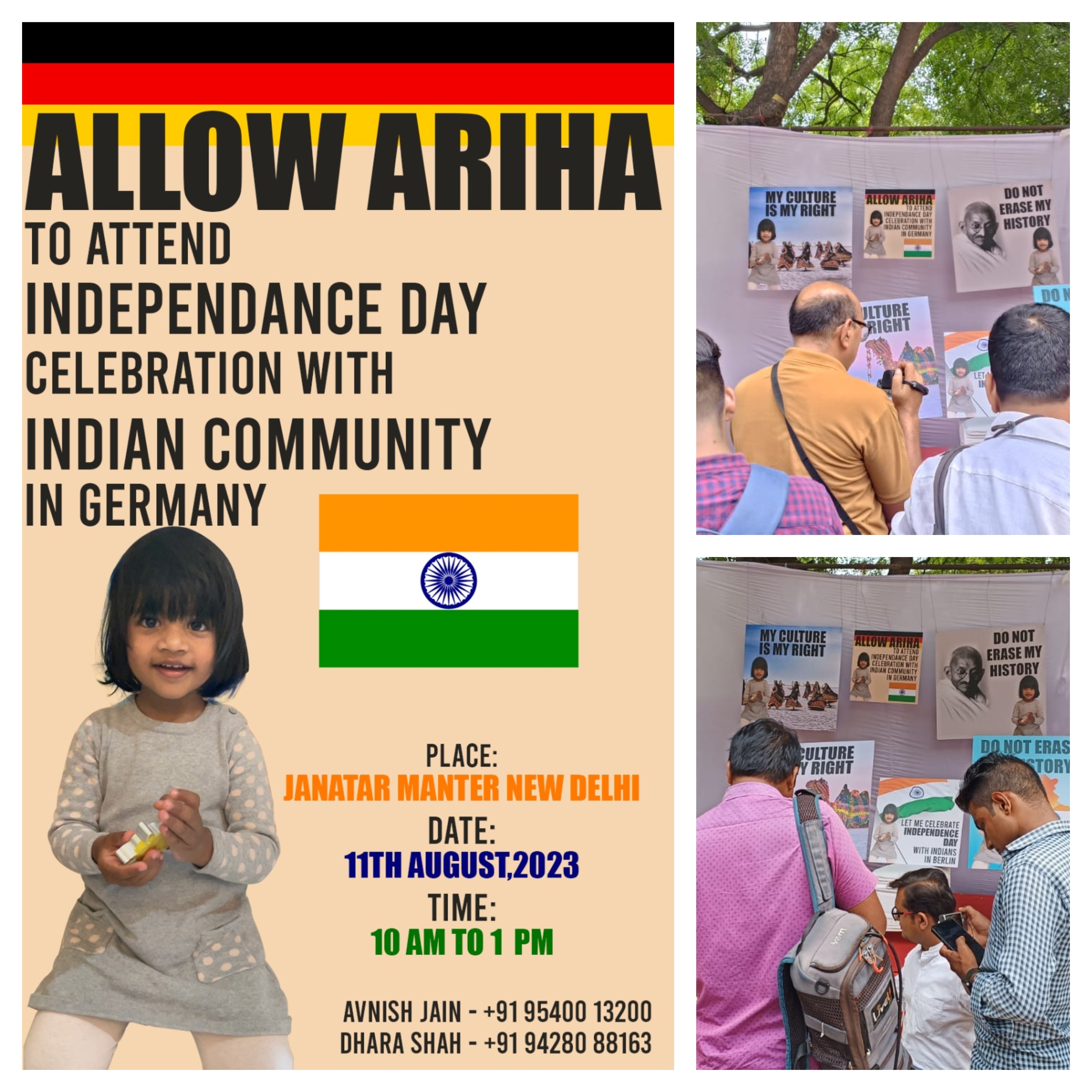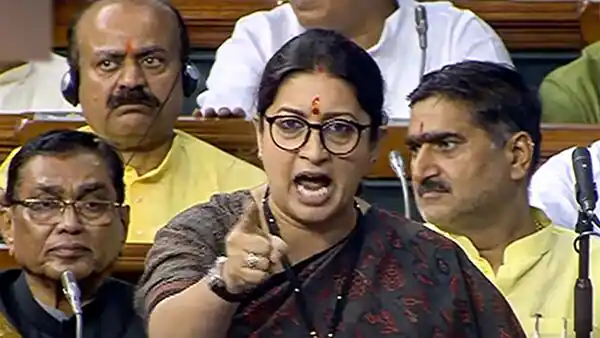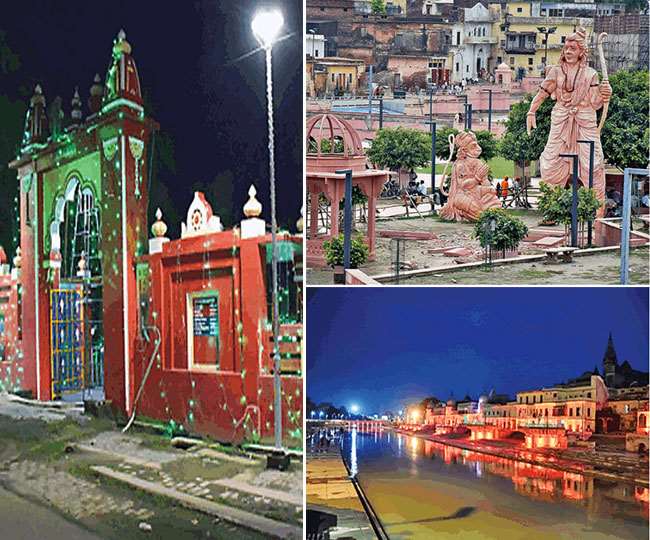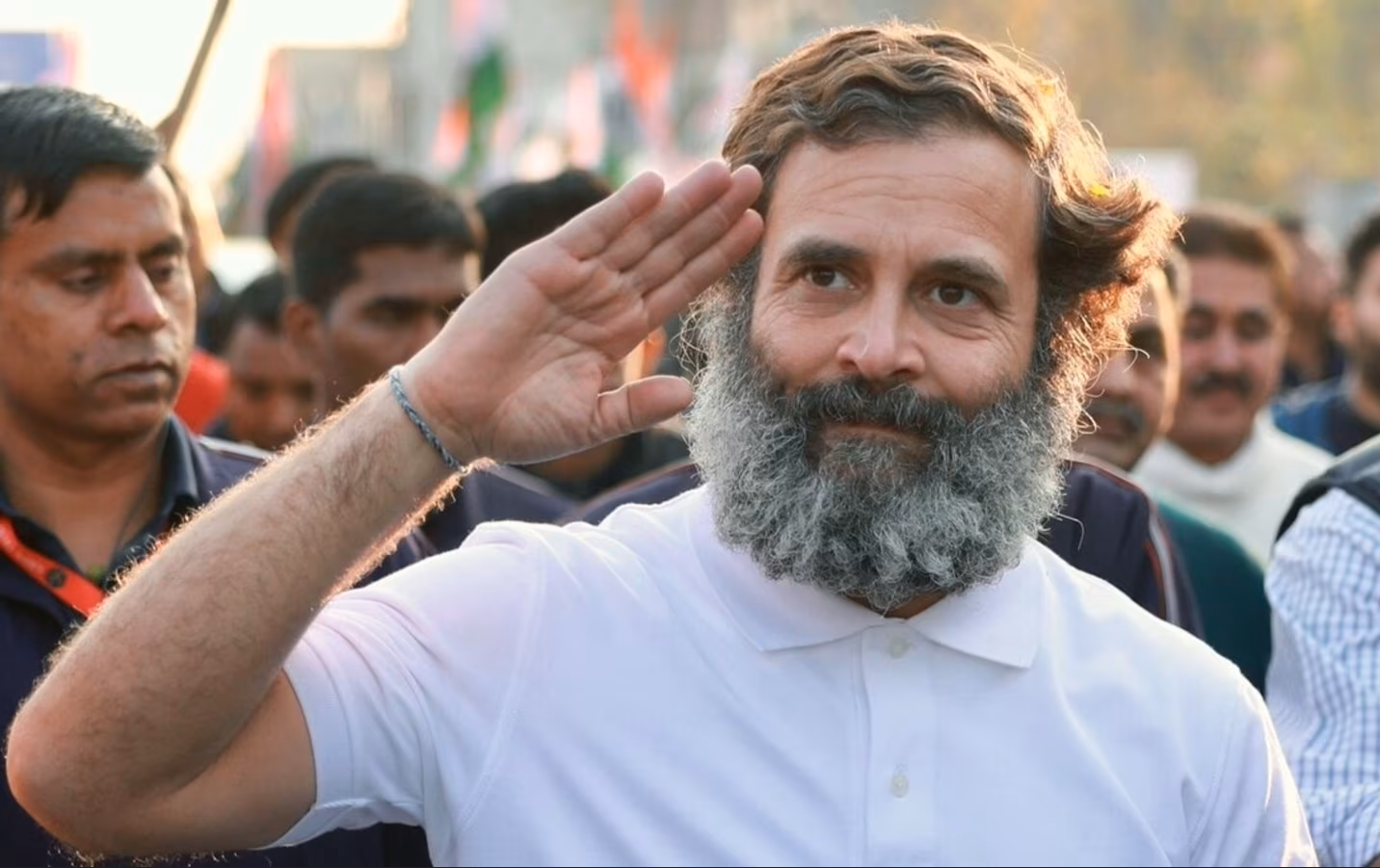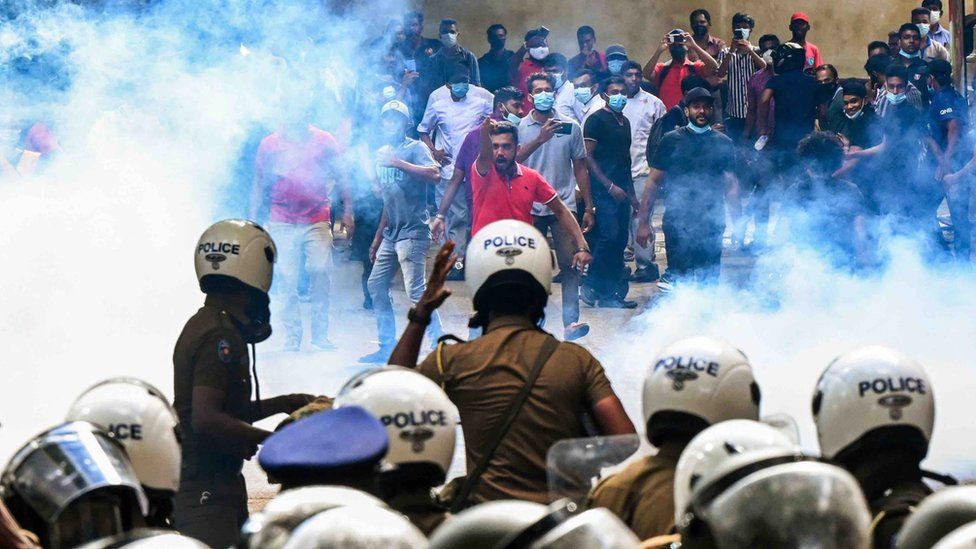11
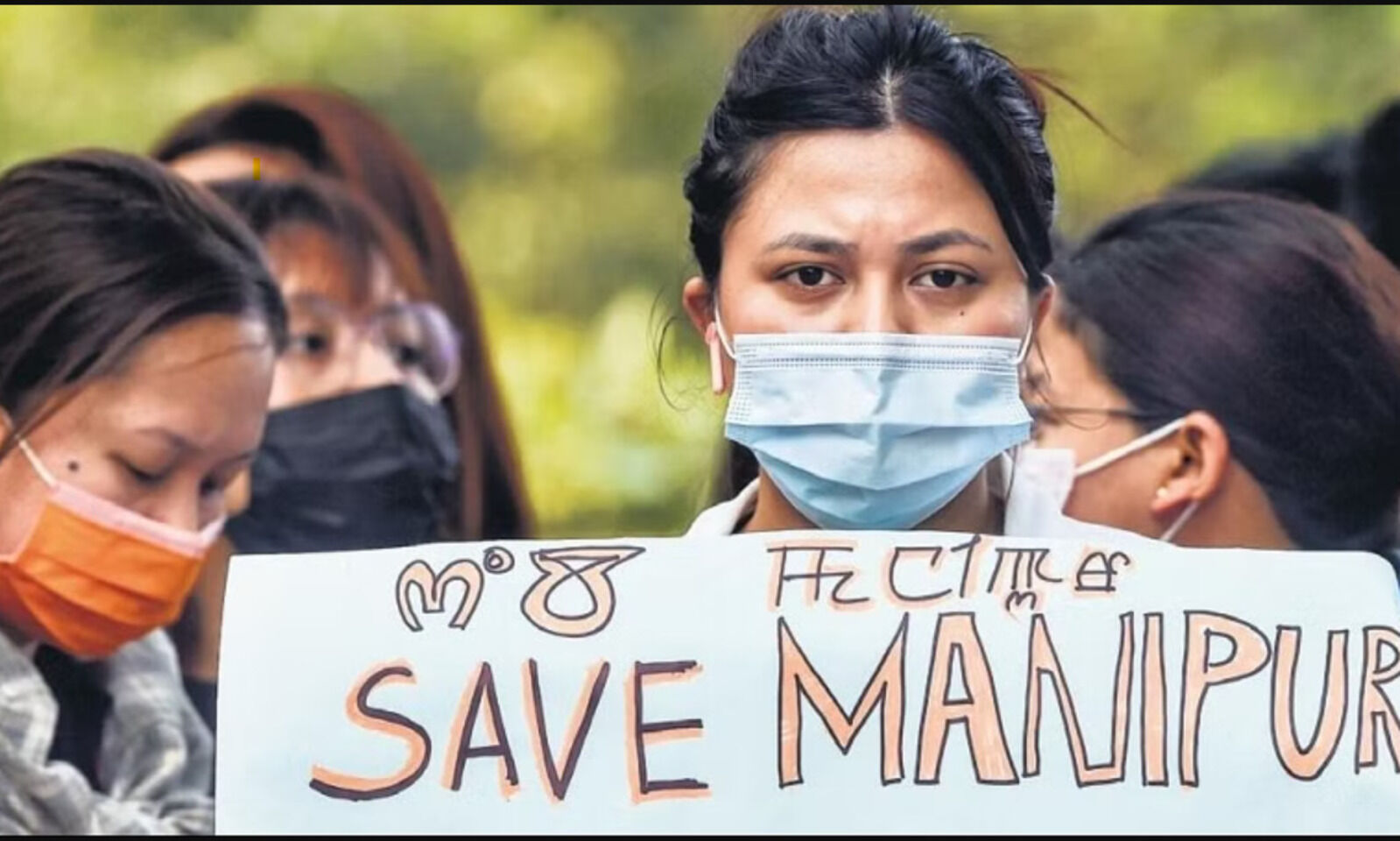
New Delhi, August 11, 2023
Government appointed probe bodies submit their reports long after the event is forgotten. These reports are sought only after another ugly incident take place in the area.

Pradeep Mathur
What has been happening in the border state of Manipur is singularly unfortunate. Also unfortunate is the ineptitude of the government to stop violence and collapse of the state authority as observed and commented upon by the Supreme Court.
But equally unfortunate is our inability to understand the root cause of the problem in Manipur which lies far away from this border state of North-east.
A lot is being said and reported on the trouble in Manipur. The issue is being raised in Parliament which is in session and a no-confidence motion against the government has come up for discussion. Political angle apart, all there is genuine concern about the state and its 35,00,000 people. Nobody wants bloodshed, not even the Hindu zealots who foolishly think that by their individual initiative they can change the religious demography of India.
After every sectarian our communal clash, we look for the immediate cause of the problem of the provocation and sit in judgment as to who did what. Government appointed probe bodies submit their reports long after the event is forgotten. These reports are sought only after another ugly incident take place in the area.
No doubt riff raff elements in our society swayed by vicious propaganda and encouraged by sectarian leaders indulge in such senseless violence which is essentially self- defeating. But are these elements or the leaders inciting and protecting them, the root cause of the problem like what we are seeing in Manipur?
The answer is both yes and no.
Any sectarian ideology that projects a certain group of people -racial, religious or regional-breeds discrimination and hatred in society. This often crosses the limits of tolerance and leads to bloody clashes.
Therefore, the answer is yes.
But then, heightened emotions that lead to bloody clashes are not a lasting state of mind. Once emotions cool down, people start seeing reason and even regret what they did when emotionally charged. Right. This is what happened after the partition rots in the year 1947 and more recently after the 2013 communal riots in Western UP. Hindus and Muslims from the farming community joined hands during the farmers agitation against the three acts in 2021 and openly regretted their act of indulging in violence against those whom they have been living in harmony for centuries.
Therefore, the answer is no.
To think of oneself as better than others is human psyche. This leads to seeing others as inferior and even to hate them. But however strong the feeling it does not lead to social disruption. But the faulty mindset resting on wrong historical facts backed by disinformation campaign and distorted understanding of social reality does. Adolf Hitler created such mindsets in the pre Second World Germany and Muhammad Ali Jinha in pre- partition India.
The real root of our problems, like the Manipur violence, is also a problem of a faulty mindset. No doubt Hindutva the sectarian, obscurantist and ruthlessly aggressive brand of an essentially tolerant, humane and all embracing Hindu religion, are the immediate provocation of what is happening in Manipur. But to think it to be, the sole reason will be simplistic.
Perhaps the root cause lies in our perception. In India's political entity. Though laboring under India’s British instigated partition and fear of balcanization, the founders of our Constitution still showed courage and foresight to call our nation federal and unitary. It was in keeping with respect for India's diversity the states were reorganized on linguistic lines, which also ensured their social and cultural identity.
The major problem which leads to scenario like Manipur is a total lack of concern and disrespect for the vast diversities that constitute India. Unlike most countries of Europe and West Asia, we are not a one creed class country. As an American author said, quite some time ago, people representing 1000 years of cultural evolution lived together in India. Any attempt to iron out these social, cultural, legal and religious diversities that exist in this vast country of continental dimensions is bound to cause friction. Only respect for diversities and make them live and flourish without any forced attempt to amalgamate them into the so-called mainstream is bound to result in discord, dispute and disruption.
Lal Bahadur Shastri saw that an injustice had been done to the Sikhs by not making a state for Punjabi speaking people at the time of reorganization of states in 1957. He considered the demand of a Punjabi suba, ignoring opposition even from within his Congress party.
For no apparent benefit, Modi's BJP government abrogated Article 370 and invited trouble not only in the border state but all along our northern border from Ladakh to Doklam. It is this lack of understanding about sensitivities of about diversities that has created phenomena like Bengali pride, Maratha pride and put the Union government of Narendra Modi on the defensive.
The move on the Uniform Civil Code is another example of the saffron brigade’s lack of understanding about India's socio-cultural reality based on the character of its diversity. Like morons, they shout about rashtrawad to promote and strengthen India's Defence and Security without realizing that it can only be ensured by an all embracing public policy.
To think of Hindu Muslim discord, promoted by communal elements as the main reason for violent social conflicts is to take a very narrow view of a very complex problem. Unless the saffron brigade gives up its faulty rashtrawadi narrative, wrongly emphasizing the unitary character of our society, of rich and diverse colours. There will either be peace in the country nor the growth of BJP as a mature and sober political party.











































































































































































































































































































































































































































































































































































































































































































































































































































































































































































































































































































































































































































































































































































































































































































































